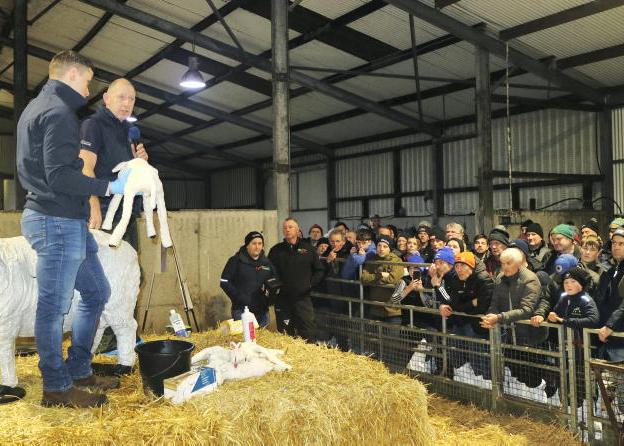Over 80% of farmers who took part in a health behaviour change initiative reported that they made lifestyle changes to improve their cardiovascular health.
The Farmers Have Hearts programme, spearheaded by Diana Von Doorn from South East Technological University and Teagasc, supported farmers in making these health behaviour changes.
Of the 868 Irish farmers who were targeted, just 11 farmers dropped out of the programme, which took place over a year.
The programme involved an initial baseline health check, an over-the-phone follow-up at week 12 and, lastly, a repeat health check at week 52.
Results
Data collected from farmers took place at 16 livestock marts and 16 Tirlán branches across 12 counties in the south, east and midlands of Ireland.
The farmers were divided into sub groups of beef farmers, who were targeted at the marts and dairy farmers, who were targeted at the branches.
After the 52 weeks, the study found that 41% of farmers improved their cardiovascular risk profile and 6% of farmers reduced their risk factor profile for heart disease to below four or more.
The remaining farmers included those who weren’t at risk of heart disease to start off with, Von Doorn said.
Some of these farmers, who had no risk of heart disease at the initial health check, ended up being at risk following the 52 week health check, she said.
“The programmes were tailored to each farmer, which made it so successful. Farmers had a choice of what intervention they wanted to choose from based on their needs.
“For example, some might want to improve their diets or increase physical activity, whereas others may have wanted to cut back on smoking or drinking.
“Lifestyle changes, because they are self-reported, are hard to measure, but the fact that there was such an improvement in cardiovascular risk is a solid base to accept that a lot of farmers made health behaviour changes,” she said.
Farmers, Von Doorn added, are very high risk for heart disease.
“It was found in a study in 2013 that farmers have a two and a half times higher mortality rate from heart disease compared to a reference group, which consisted of employers and managers,” she said.
In that study, she said, farmers contemplated making changes to improve their health but didn’t follow-through, whereas in the Farmers Have Hearts programme, farmers were actually interested in making these healthy changes.
Collaboration
Collaborating in developing the health programme were the National Centre for Men’s Health (NCMH) at IT Carlow, Teagasc, the Irish Heart Foundation (IHF), the HSE, UCD and Tirlán.
This mixture of expertise and “on-the-ground-knowledge” was what made the programme so accurate and feasible for farmers, Von Doorn added.








SHARING OPTIONS